Every Green Day Album, Ranked

Of all the early ‘90s California bands flooding the mainstream with fast and furious homages to the early punk rock sound of the Ramones and the Clash, Green Day – the Berkeley, Ca., trio of singer/guitarist Billie Joe Armstrong, bassist Mike Dirnt and drummer Tre Cool – was by far the biggest. It doesn’t hurt that their 10-million-selling major label debut Dookie is arguably the most popular punk rock album of all time.
Over the last three decades, Green Day have gradually broadened their sound to include violins, harmonica and even acoustic ballads such as the perennial graduation season anthem “Time of Your Life (Good Riddance).” And just when it appeared they were fading from the charts, they came back bigger than ever with 2004’s politically charged American Idiot. Through it all, Green Day have remained defiant and prolific (they released three albums in 2012 alone) and racking up a dozen No. 1 singles on the Billboard Alternative chart.
Green Day’s latest with longtime producer Rob Cavallo, Saviors, is out this week, and the band will support it this summer with a massive tour of stadiums and ballparks with Smashing Pumpkins. How does it stack up to Green Day’s 14 prior studio albums, as well as three albums its members have recorded together under aliases?
17. Uno! (2012)
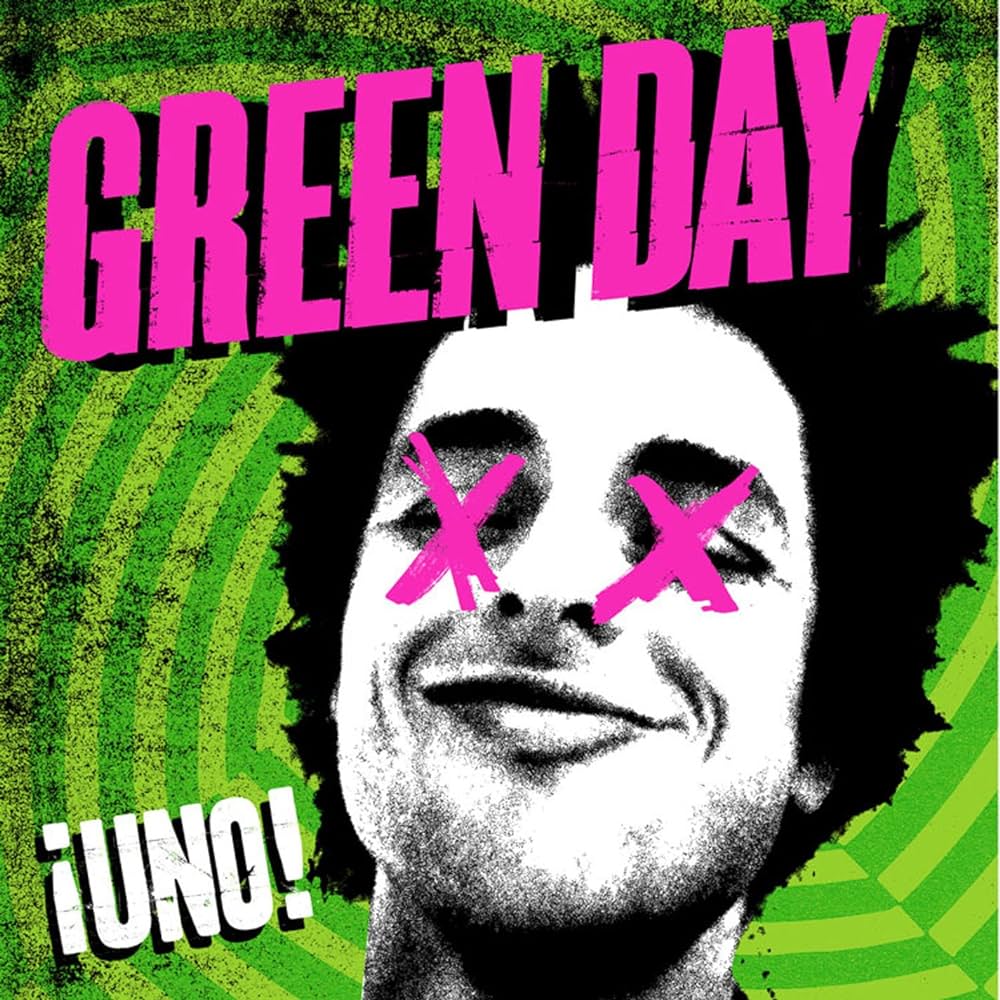
Green Day cooked up perhaps the most ambitious campaign of their career in 2012, releasing a wealth of new songs on three back-to-back albums. Unfortunately, the promotional cycle hit the rocks almost immediately, with Armstrong ending the band’s iHeartRadio Music Festival performance in Las Vegas with an expletive-laced rant after the band’s set time was shortened. Sadly, Armstrong’s proclamation that “I’m not fucking Justin Bieber, you motherfuckers” may be more memorable than anything on the album the band released four days later. Even one of the few melodies that does stick, “Stay the Night,” sounds a little too much like Billy Joel’s “The Longest Time.” On the bright side, Armstrong quickly entered rehab to address his alcohol dependency, and better albums followed in the trilogy.
16. Father of All… (2020)
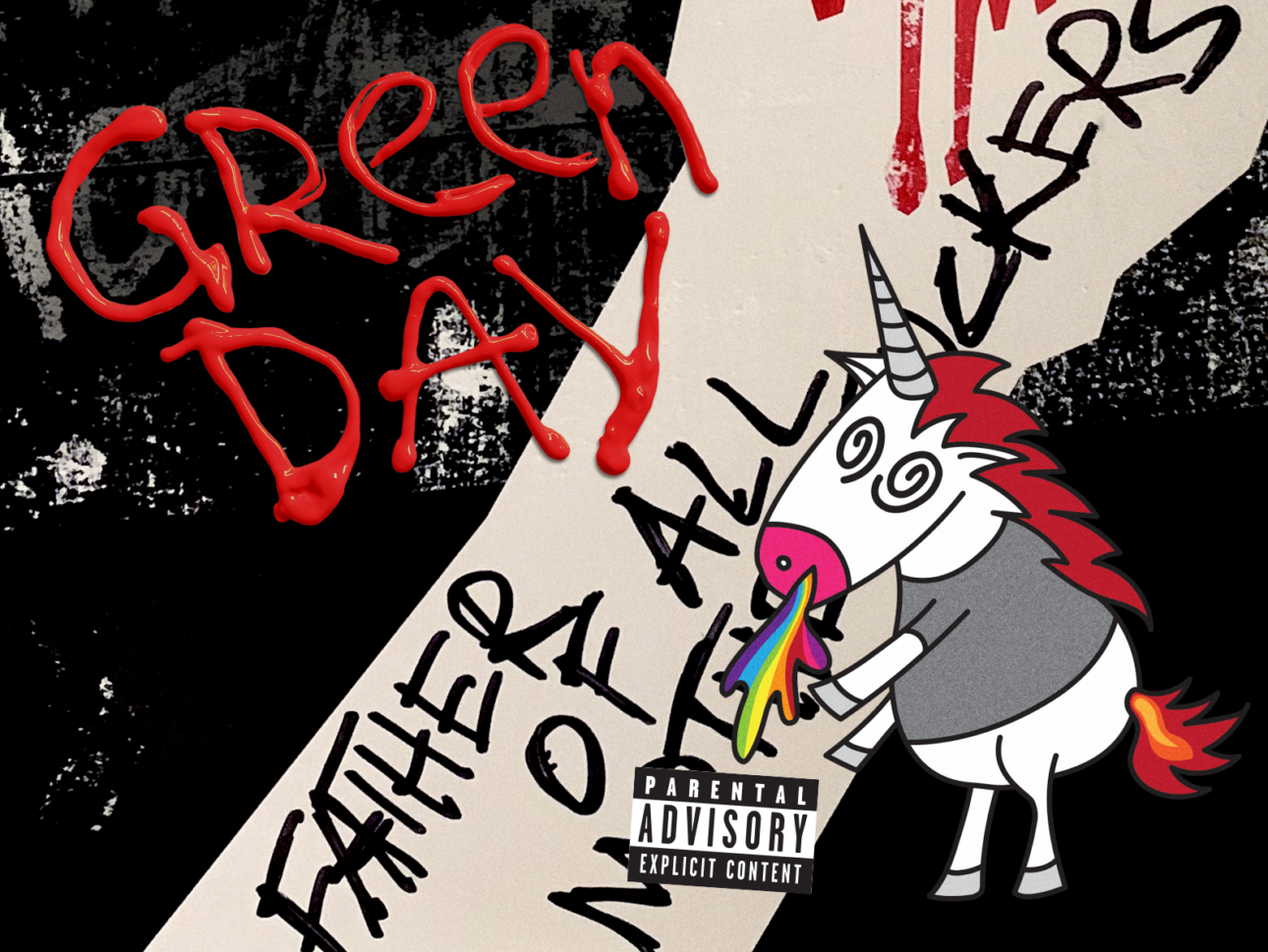
“No features, no Swedish songwriters, no trap beats, 100% pure uncut rock” was the promise made on a promotional billboard for Green Day’s 13th studio album. Of course, nobody was hoping for a Max Martin or Metro Boomin collaboration on Father of All…, but the ad’s snarky rhetoric made the band seem like cranky old bores in a year when pop/punk’s evergreen youth appeal experienced a resurgence with a rash of Travis Barker-produced hits by Machine Gun Kelly and others. At 26 minutes, it’s Green Day’s shortest album, and feels like they actually stripped things down a little too bare in pursuit of a no-frills rock record. COVID-19 lockdowns delayed the band’s planned Hella Mega Tour with Weezer and Fall Out Boy for a full year, and the new single released once it finally started, “Pollyanna,” was better than anything on the album. “Father of All… really comes to life when it stops giving its throwback rock the beer commercial treatment and just plays it for straightforward kicks,” Evan Rytlewski wrote in the Pitchfork review.
15. Money Money 2020 by the Network (2003)
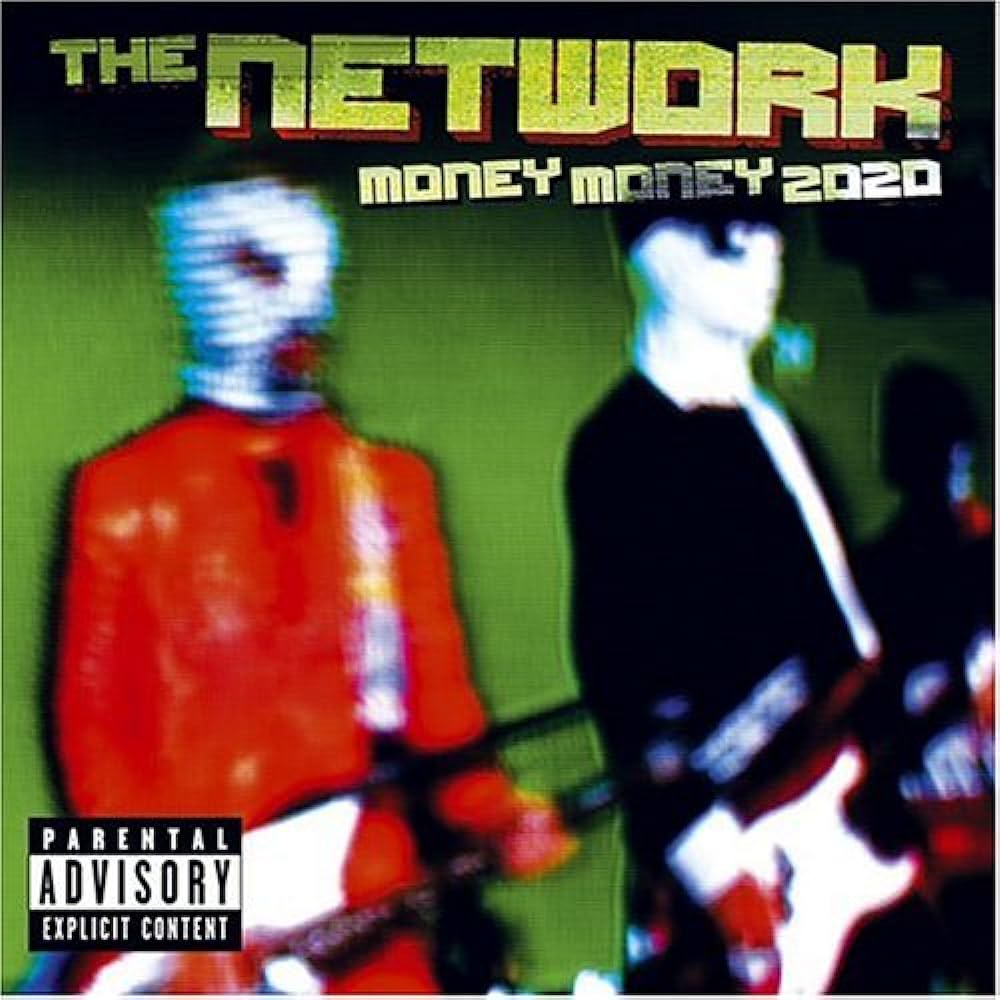
Armstrong co-founded Adeline Records with professional skateboarder Jim Thiebaud in 1997 and released music by bands such as AFI and Living With Lions. In 2003, the label quietly released the debut album by the Network, a masked band making throwback new wave and synth rock reminiscent of Devo and Gary Numan. When rumors circulated that the Network was a secret Green Day side project, the two bands playfully feuded before the truth was revealed: the Network was actually all three members of Green Day under alternative identities. Recorded during the lengthy gestation of American Idiot, Money Money 2020 sounds like the band blowing off steam, going far outside the typical Green Day sound to stretch out and entertain themselves.
14. Money Money 2020 Part II: We Told Ya So! by the Network (2020)
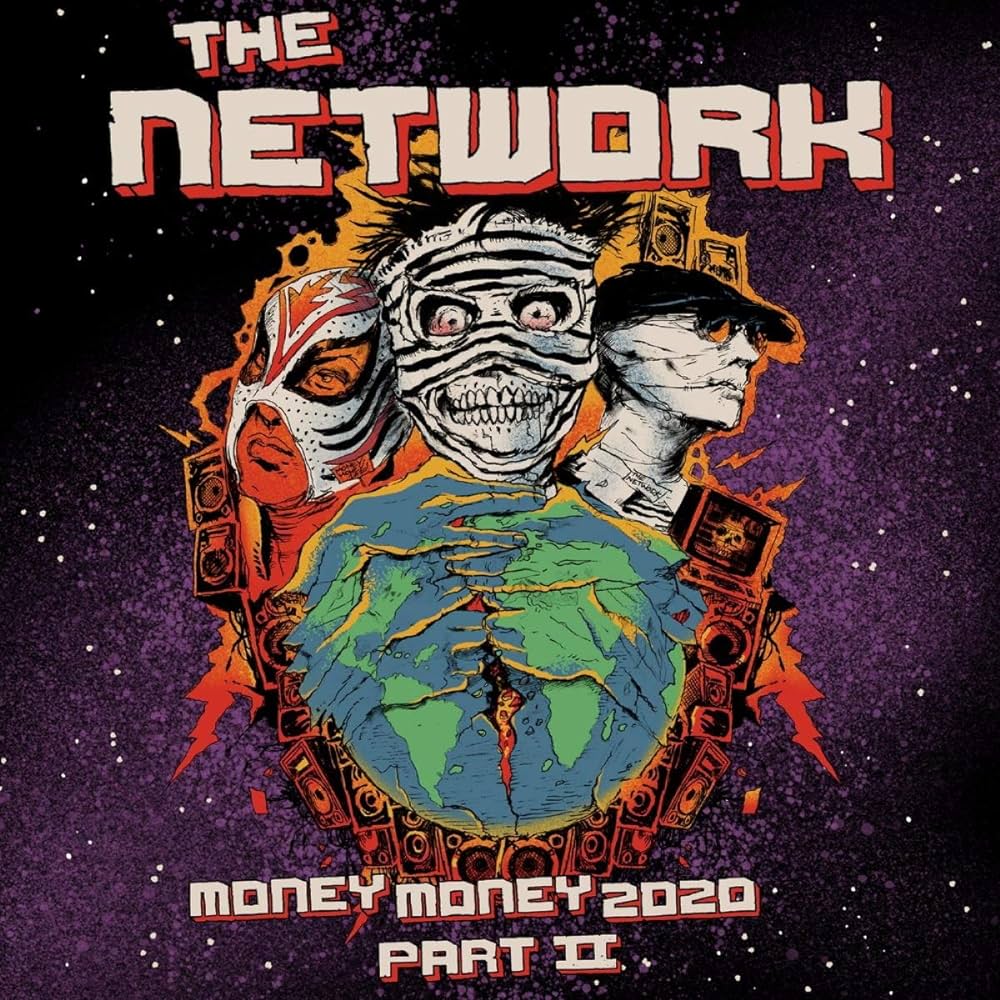
Given that the Network’s debut was called Money Money 2020, Green Day’s dystopian synth rock alter egos decided to make a return that year just in time to lambast topics such as COVID-19 denialism and the Trump administration. Green Day’s politically charged later albums can sometimes be so strident that they border on humorless, but Money Money 2020 Part II is hilarious and knowingly absurd, particularly when skewering conspiracy theories on “Flat Earth.”
13. Dos! (2012)
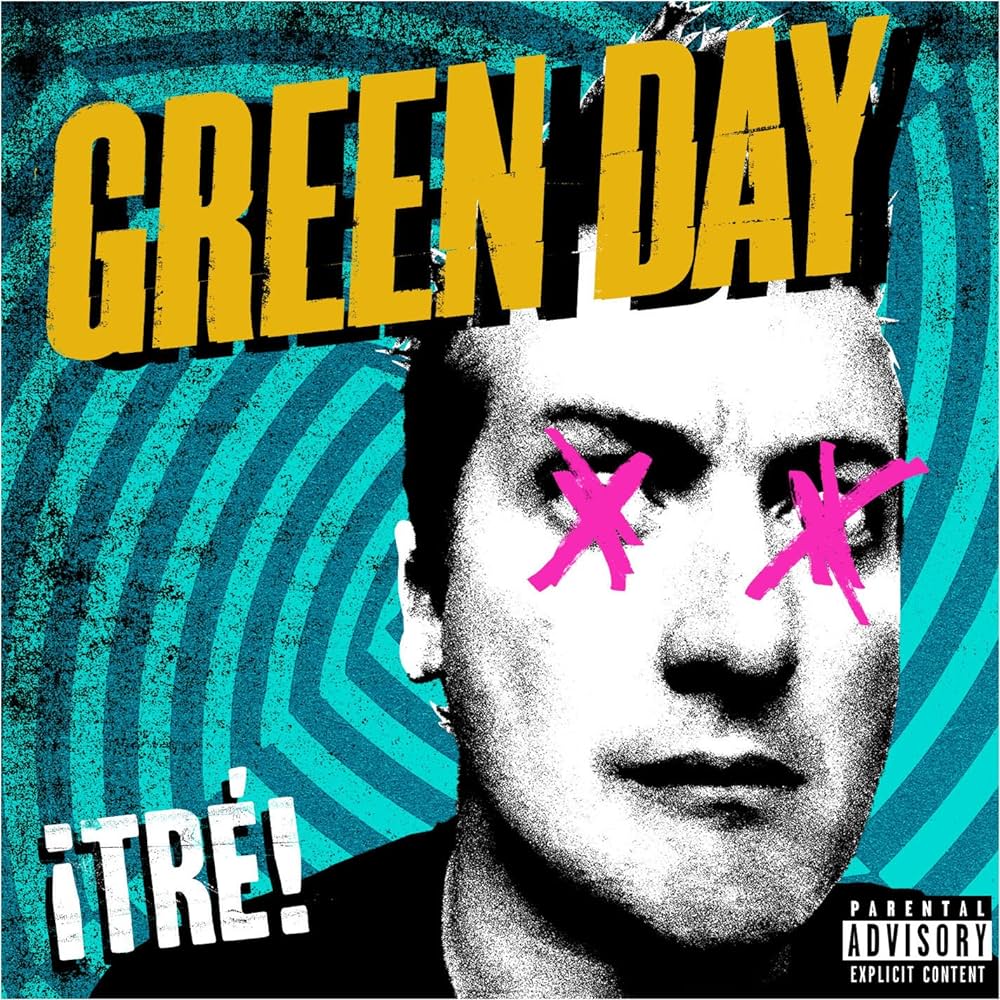
The second album in Green Day’s 2012 trilogy is the shortest and most playful of the bunch, swerving from the earnest faux lo-fi opener “See You Tonight” to a swaggering song called “Fuck Time.” It also features a low point in the band’s discography, “Nightlife,” which is a cheesy noir groove with awkward guest raps by Monica Painter of the band Mystic Knights of the Cobra. “Armstrong, Mike Dirnt and Tre Cool harness the sound of immolating, teenage-wasteland lust for an album with a distinct sense of life coming off the rails,” Jon Dolan wrote in Rolling Stone.
12. 21st Century Breakdown (2009)
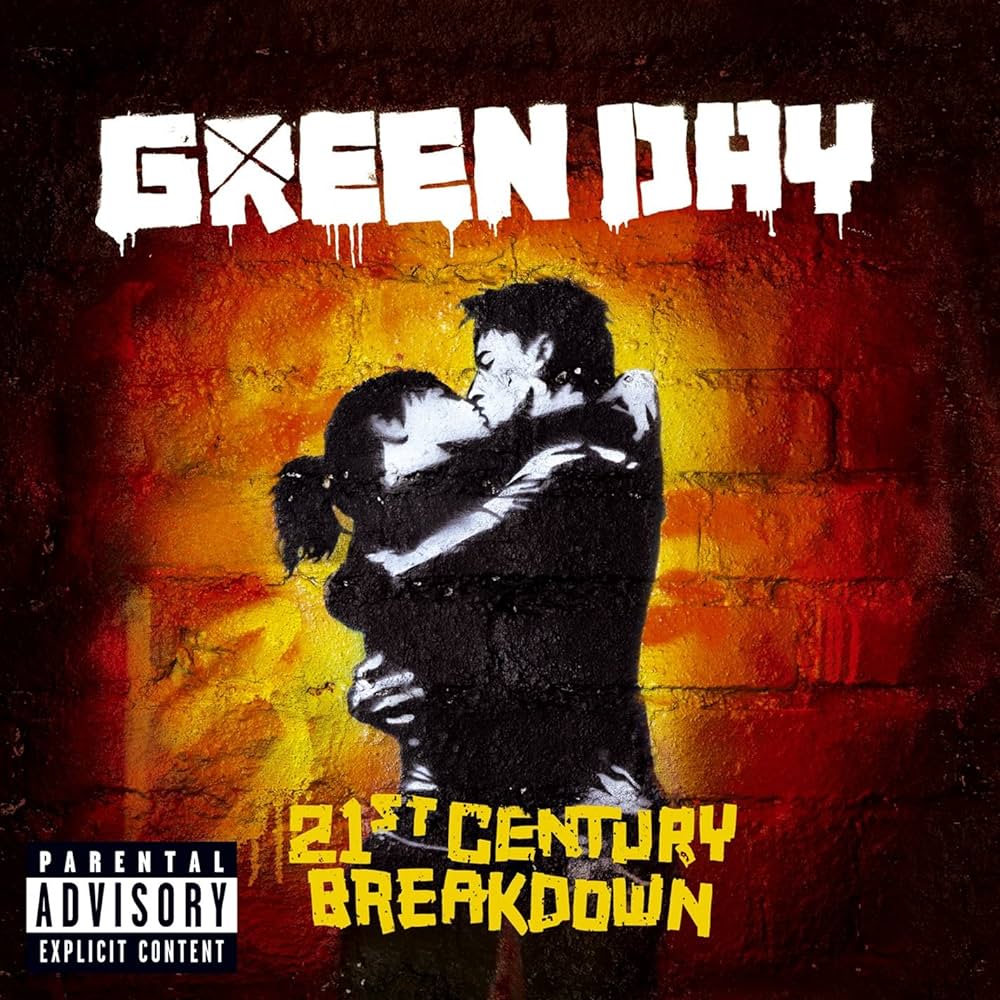
After working with producer Rob Cavallo on all of its major-label albums up to that point, Green Day entered the studio with fellow ‘90s alt-rock legend Butch Vig for 21st Century Breakdown. Following their bold reinvention on American Idiot, however, it felt a little like Green Day were content to make pretty much the same political rock opera all over again, but with a more bloated running time and less memorable singles. “I tried, I swear,” wrote Robert Christgau, who declared the album the “dud of the month” in his Consumer Guide column for MSN.
11. 39/Smooth (1990)
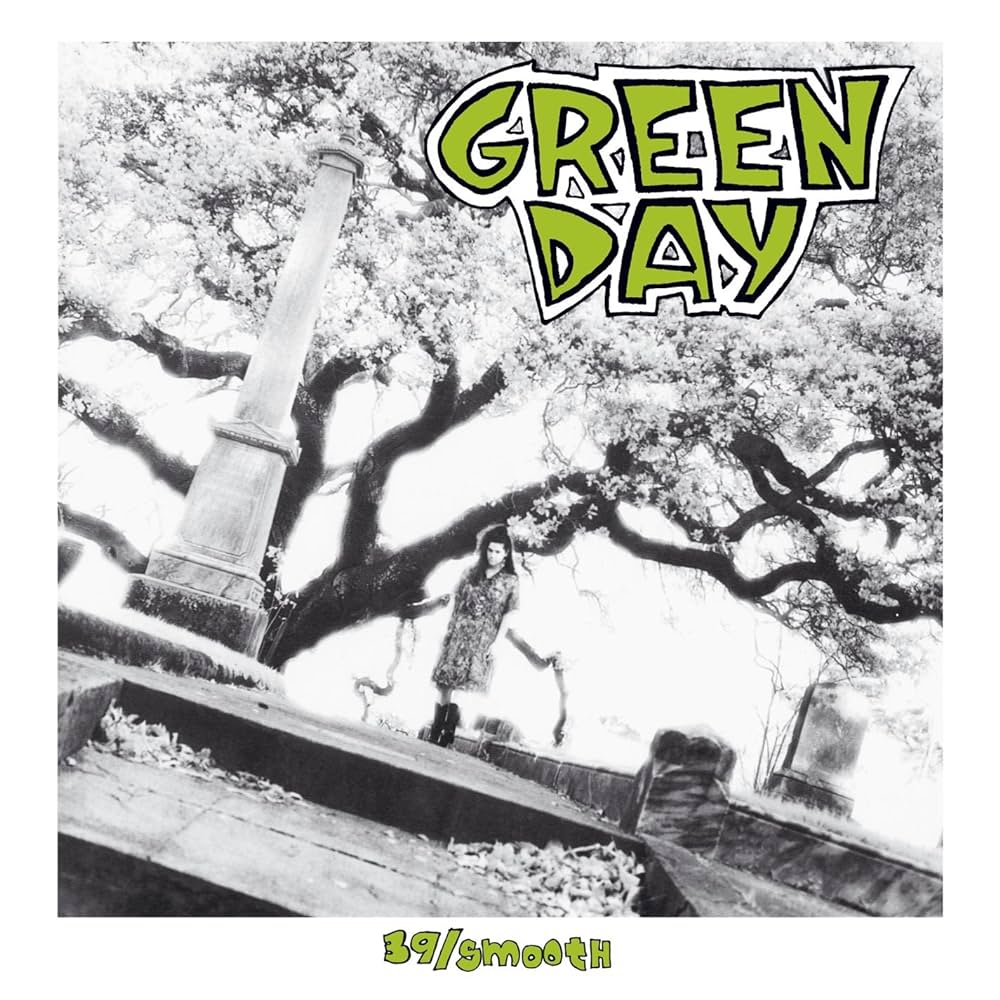
A massive band’s humble indie debut is always a revealing listen, whether it was a baby step or a well-developed prototype for their later hits. In Green Day’s case, it’s the former, as 39/Smooth sounds shockingly close to the skate punk sound which with the band would conquer the world four years later. Original drummer Josh Kiffmeyer, who wrote the lyrics to the standout “I Was There,” isn’t quite a force of nature like Tre Cool, but he has similar instincts on how to keep the tempos brisk and the drum fills splashy. These days, 39/Smooth is better known as the first half of the 1991 compilation 1,039/Smoothed Out Slappy Hours, which combined the album with the band’s early EPs and belatedly went gold after Green Day hit the big time.
10. Revolution Radio (2016)
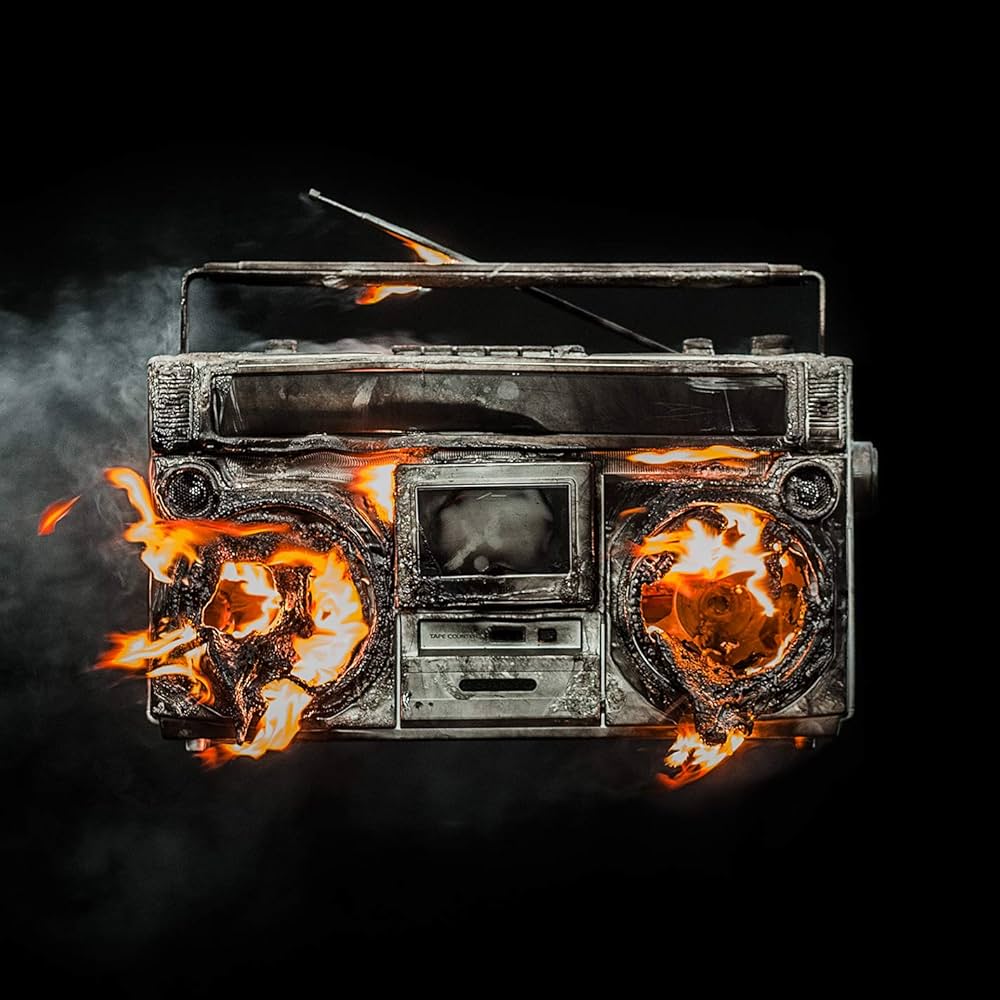
Revolution Radio is a typically topical latter-day Green Day record, with “Bang Bang” satirizing mass shooters and the title track taking inspiration from Black Lives Matters protests. Armstrong does get a little personal, reflecting on his stint in rehab on “Still Breathing.” It’s a relatively lean and lively self-produced album, and Cool does his best Keith Moon impression on opener “Somewhere Now.” “Green Day have learned the hard way that bigger isn’t always better, but by dialing things back they’ve finally found a way forward,” Barry Nicolson wrote in the NME review.
9. Stop Drop and Roll!!! by Foxboro Hot Tubs (2008)
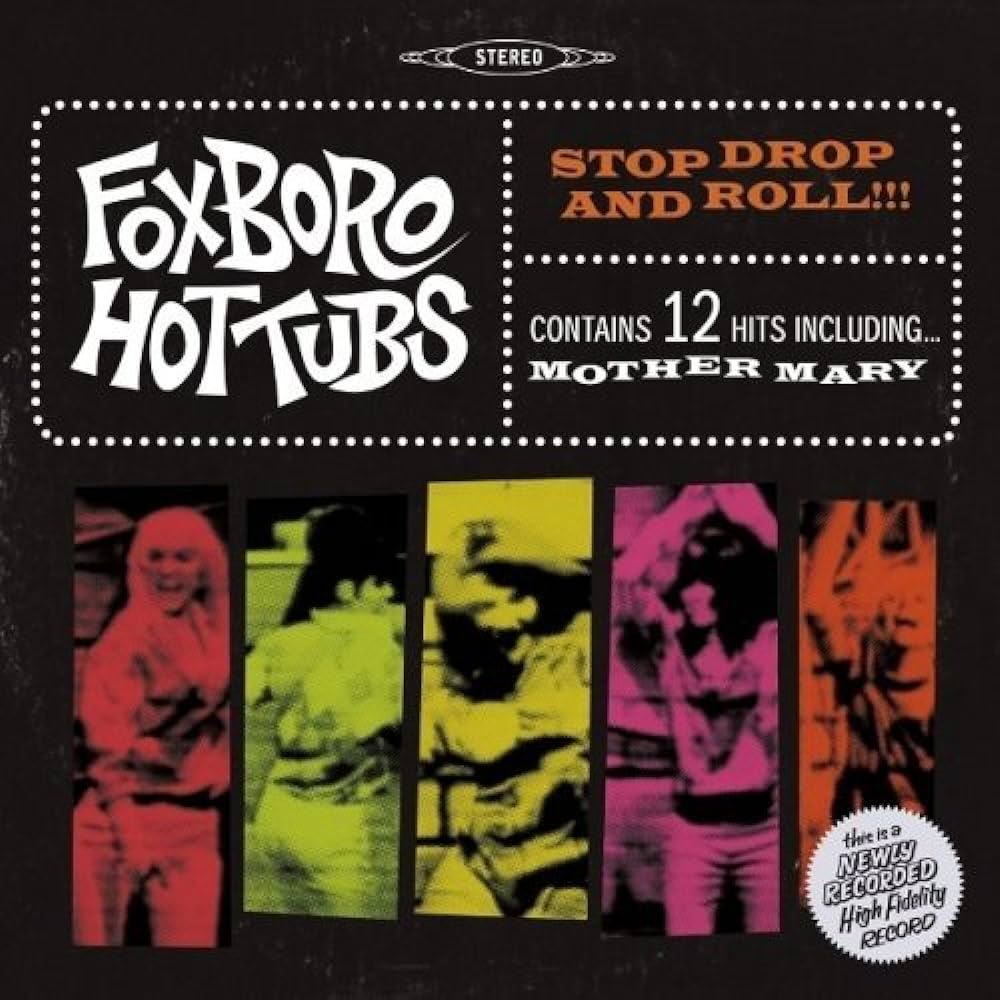
Five years after Green Day created the Network to knock out some lighthearted new wave pastiches while working on American Idiot, the band once again created an alternate identity during sessions for 21st Century Breakdown. Their sole album under the name Foxboro Hot Tubs allowed Armstrong and Green Day’s expanded touring lineup to express their love of ‘50s and ‘60s garage rock and bubblegum pop with some of his sweetest melodies to date. This time around, they put less work into keeping up the ruse by quickly admitting to MTV News that Green Day and Foxboro Hot Tubs were the same band, perhaps helping “Mother Mary” reach No. 16 on Billboard’s Alternative chart. “Clearly, the band is digging into their earliest proto-punk influences, taking elements of the Who, Chuck Berry, early Beatles and even a little Jerry Lee Lewis to produce an admittedly derivative little record,” Aubin Paul wrote in the PunkNews.org review.
8. Saviors (2023)

The lead single and opening track from Saviors, “The American Dream Is Killing Me,” sounds like an obvious retread of the kind of irreverent political anthems which have dominated most of Green Day’s albums since American Idiot. The first Green Day album since all three members of the band turned 50 does have a bit of a spring in its step, as they flirt with some fresher sounds and less preachy sentiments. “Bobby Sox” entertainingly smushes Armstrong’s love of ‘50s pastiche together with a big, thunderous hard rock chorus, and searing post-punk guitar leads liven up “Coma City.” Green Day are still prone to repeating themselves – “Strange Days Are Here To Stay” is structured just like Dookie’s “Basket Case” – but Saviors has enough energy to make up for a lack of originality.
7. Tre! (2012)
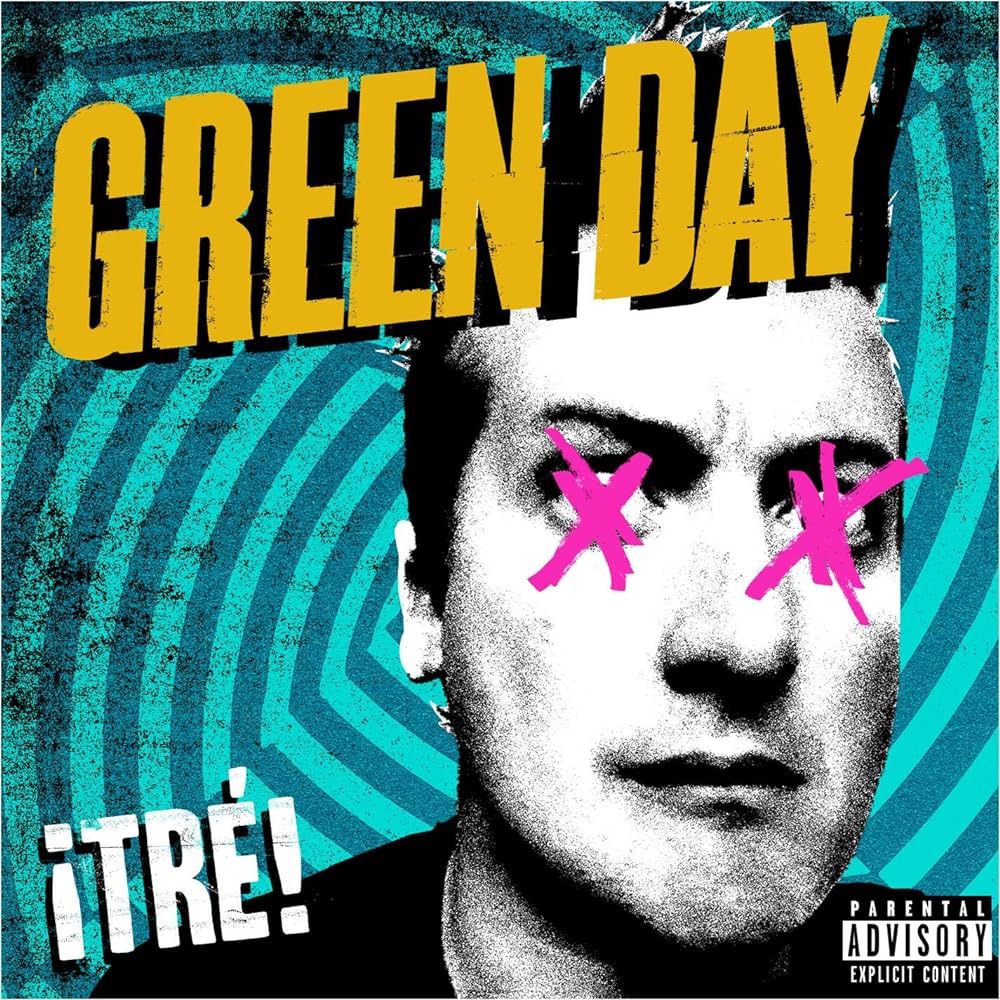
The effect of Green Day releasing three albums in the space of three months was probably not what they intended. The band exhausted public demand, with the last of the trilogy notching the lowest sales of their major-label career and garnering barely any radio airplay. That’s a shame, because Tre! is the best and most ambitious of the trio, featuring a return to multi-part arena rock epics like the six-minute “Dirty Rotten Bastards.” The album’s cover star Cool, whose name provided the punny inspiration for the 2012 albums’ titles, shines brightest on the tumbling snare fills on “Missing You.” In an unusual twist, long-dead soul legend Sam Cooke gets a writing credit on opening track “Brutal Love,” due to the melodic similarity with his classic “Bring It on Home.”
6. Insomniac (1995)
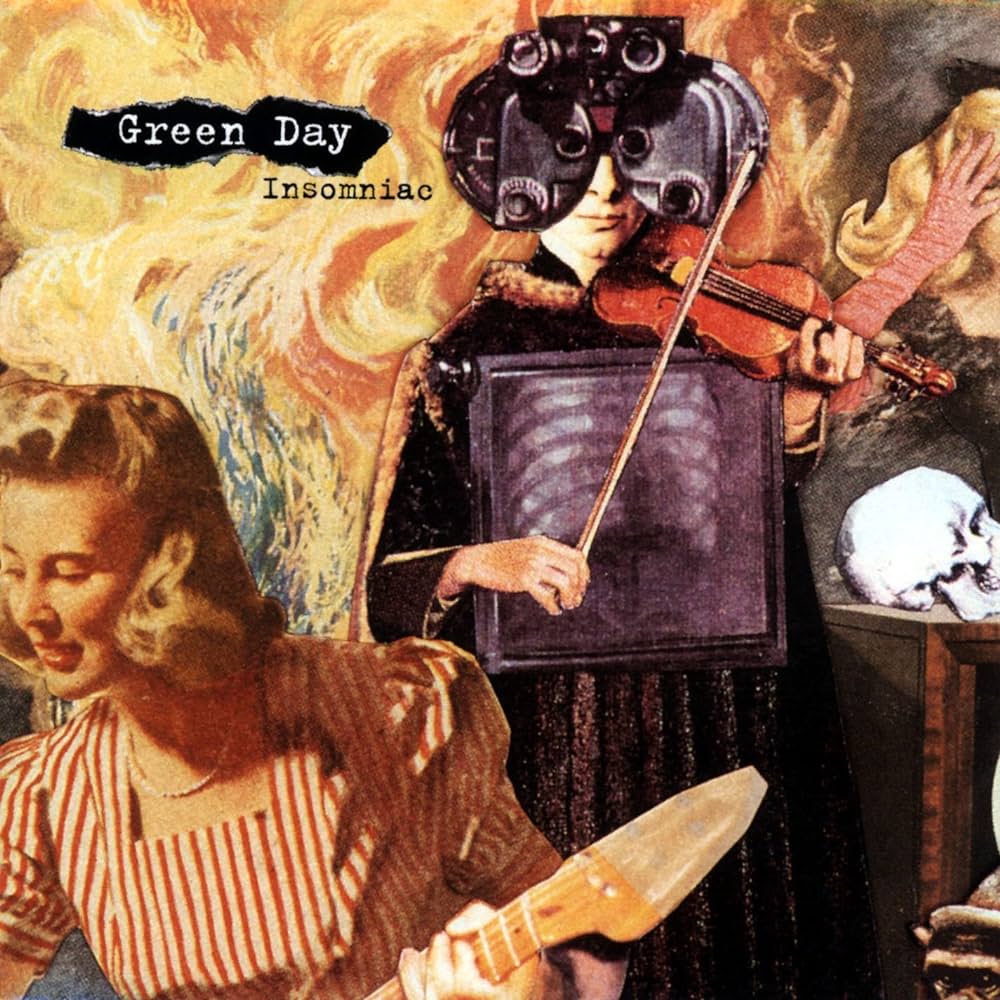
Nirvana’s In Utero and Weezer’s Pinkerton are the canonical ‘90s alt-rock albums on which newly minted rock stars shell-shocked by their sudden multi-platinum fame defiantly made a tougher, uglier record under the pressure to keep the hits coming. Green Day’s follow-up to Dookie isn’t a classic on that level, but the appeal of Insomniac is similar, and it feels like you’re listening to the band play harder and louder than they have before or since just to keep it together. Lead single “Geek Stink Breath” is an ode to crystal meth, while “86” is a lament about the Berkeley all-ages club 924 Gilman Street where the band got their start but banned Green Day after they signed with a major label. The sludgy “Brain Stew” and the breakneck rave-up “Jaded,” promoted to MTV and radio stations together as a medley, are the only tracks from Insomniac which have endured as part of the band’s live repertoire. Either way, Green Day are in great form throughout, especially on the dynamite rhythm section showcase “Panic Song.” “The songs relate the travails of a pathetic, self-loathing goofball whose sense of self-worth is continually reduced to rubble by sundry jerks, authority figures, and cultural elitists,” David Browne wrote in the Entertainment Weekly review.
5. Kerplunk! (1991)
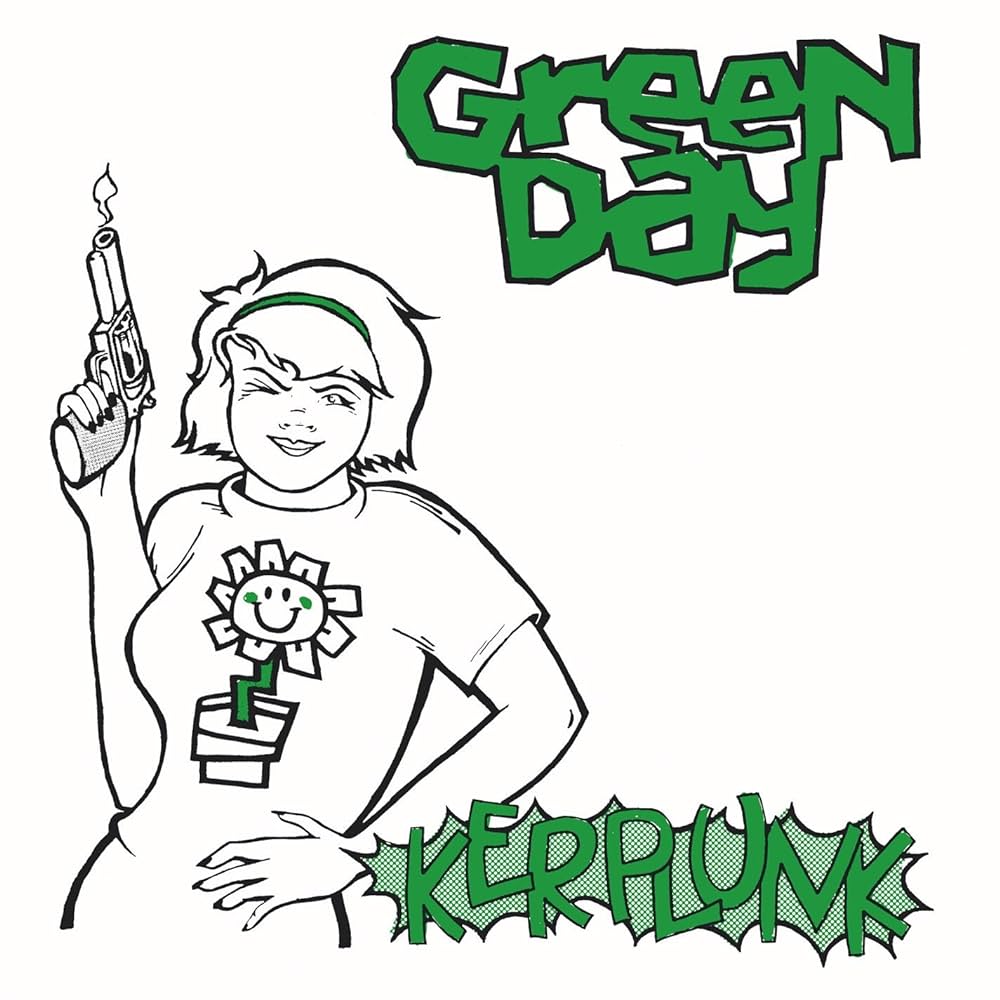
Andy Ernst produced Kerplunk! with the same direct, scrappy simplicity he captured on other early ‘90s releases by Green Day, Rancid and Screeching Weasel, but it’s easy to hear why this album was the big stepping stone to mainstream stardom. “Welcome to Paradise” explodes out of the speakers here just as well as on its hit re-recording for Dookie, and the melody and pathos of Armstrong’s songwriting was coming into view on “2000 Light Years Away” and “Christie Road.” On the other hand, Cool’s country novelty song “Dominated Love Slave” and the nauseating bathroom sound effects on “Android” establish the approachable puerile sense of humor that would endear Green Day to millions of middle schoolers. In a 2021 interview, Vulture’s Craig Jenkins asked Armstrong to name his favorite Green Day album, and he picked Kerpunk! “There’s something about it that feels like a fanzine,” he said. “All of us were living together, living in bands together. It was a coming of age in a way.”
4. American Idiot (2004)
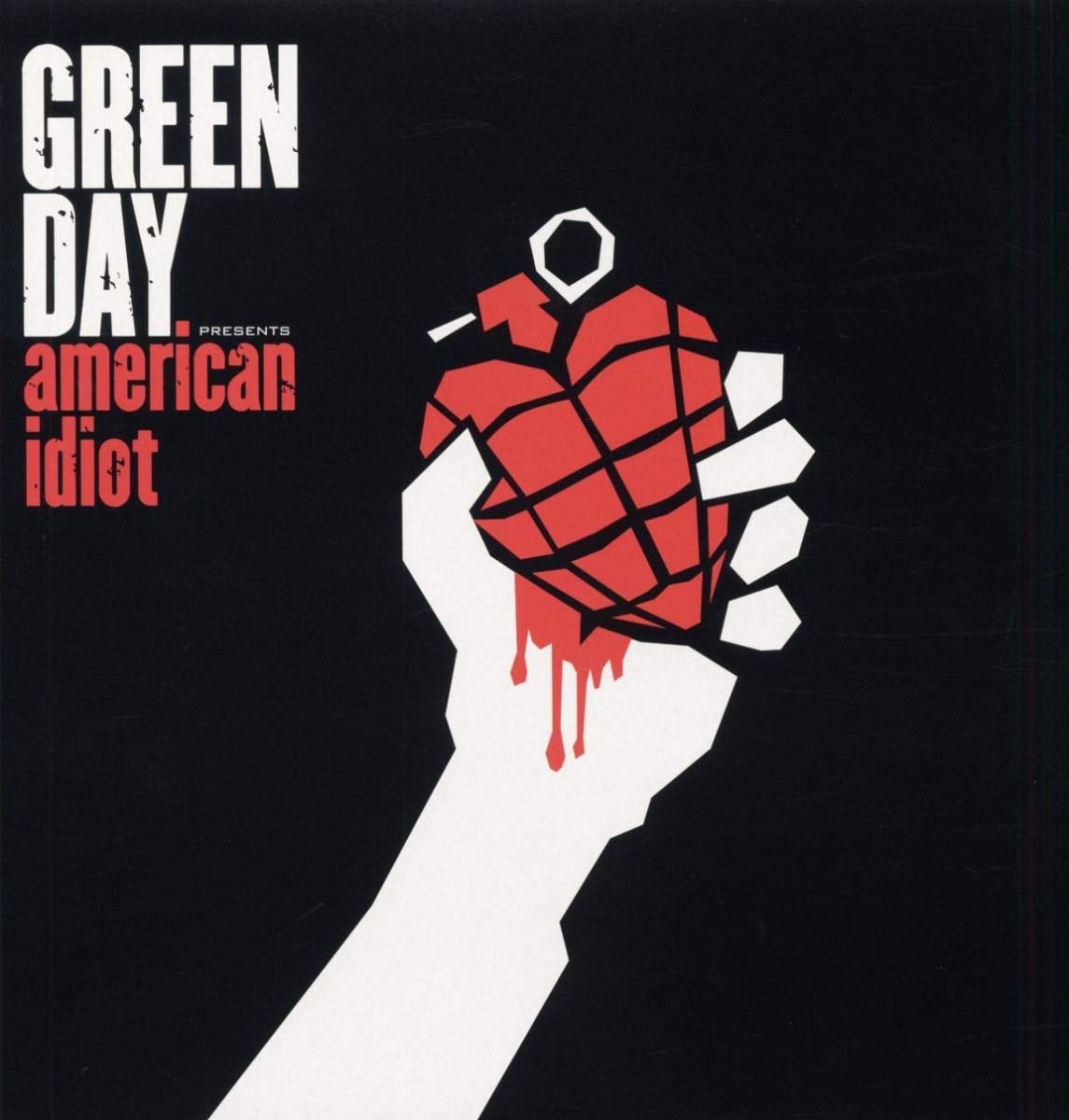
After years of dwindling sales and the 2001 release of their first greatest hits compilation, Green Day could have been fairly assumed to be a spent force, at least commercially. But when tapes for an album called Cigarettes and Valentines were stolen from the band’s Oakland studio in 2002, the band decided to start from scratch and go bigger and bolder with a “punk rock opera” about life in George W. Bush’s America. With Dirnt and Cool participating more heavily in the songwriting than ever before, Green Day crafted a variety of short suites which were then assembled into the nine-minute epics “Jesus of Suburbia” and “Homecoming.” The result was perhaps the biggest comeback album by any ‘90s band, with American Idiot selling six million copies in the U.S. alone, spawning four ubiquitous hit singles and even a Broadway musical.
3. Warning (2000)
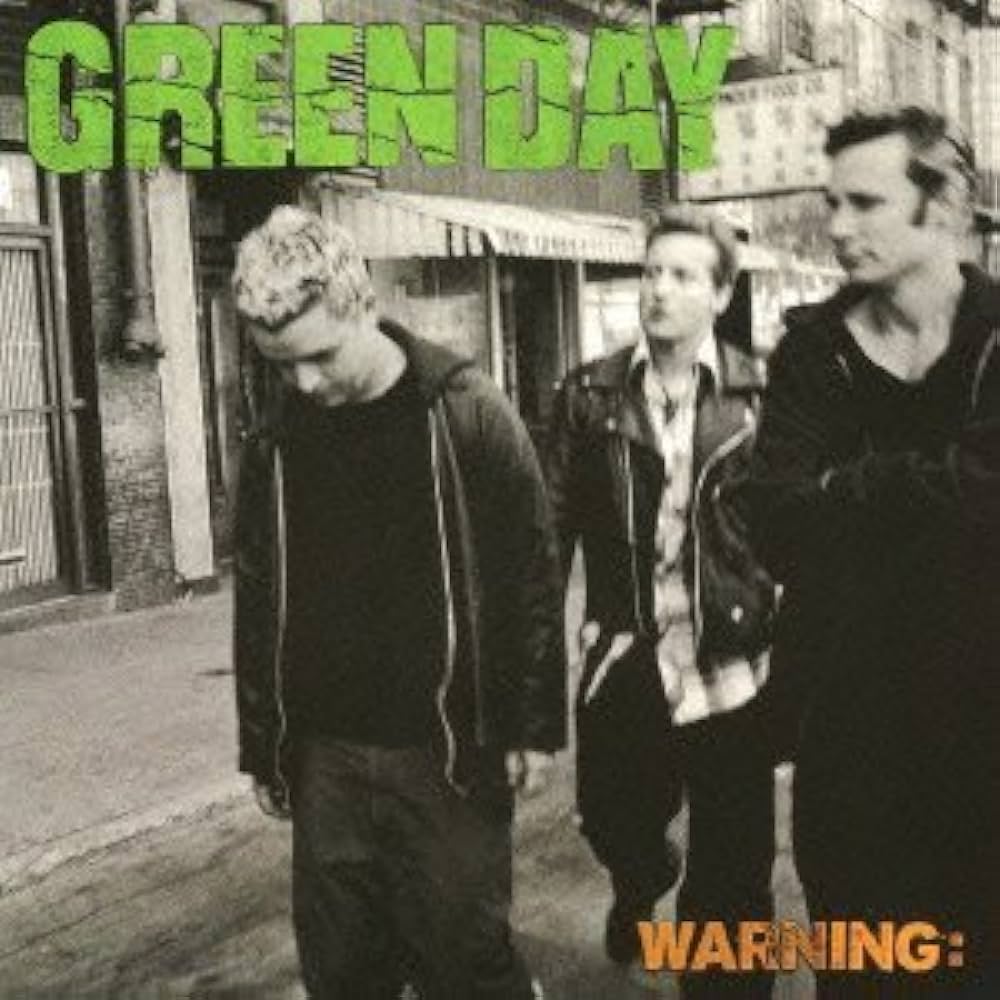
For their sixth album, Green Day initially hired producer Scott Litt, who guided R.E.M.’s mid-career pivot towards expansive, acoustic-driven albums like Out of Time and Automatic for the People, before parting ways over creative disagreements and producing Warning themselves. Pursuing their own quirky vision for Warning may not have panned out commercially, as it became the only album from the band’s first 15 years on Reprise which didn’t sell a million copies. It’s a gem worth revisiting though, presenting an optimistic, less acidic prototype of the socially conscious Green Day of later albums. With aggressively strummed acoustic guitars overdubbed on top of electric riffs for a folk/punk chug on songs like “Minority,” Armstrong channels the Kinks’ Ray Davies throughout the droll and endlessly catchy Warning, and even lets on how much he’d been listening to Tom Waits on “Misery.”
2. Nimrod (1997)
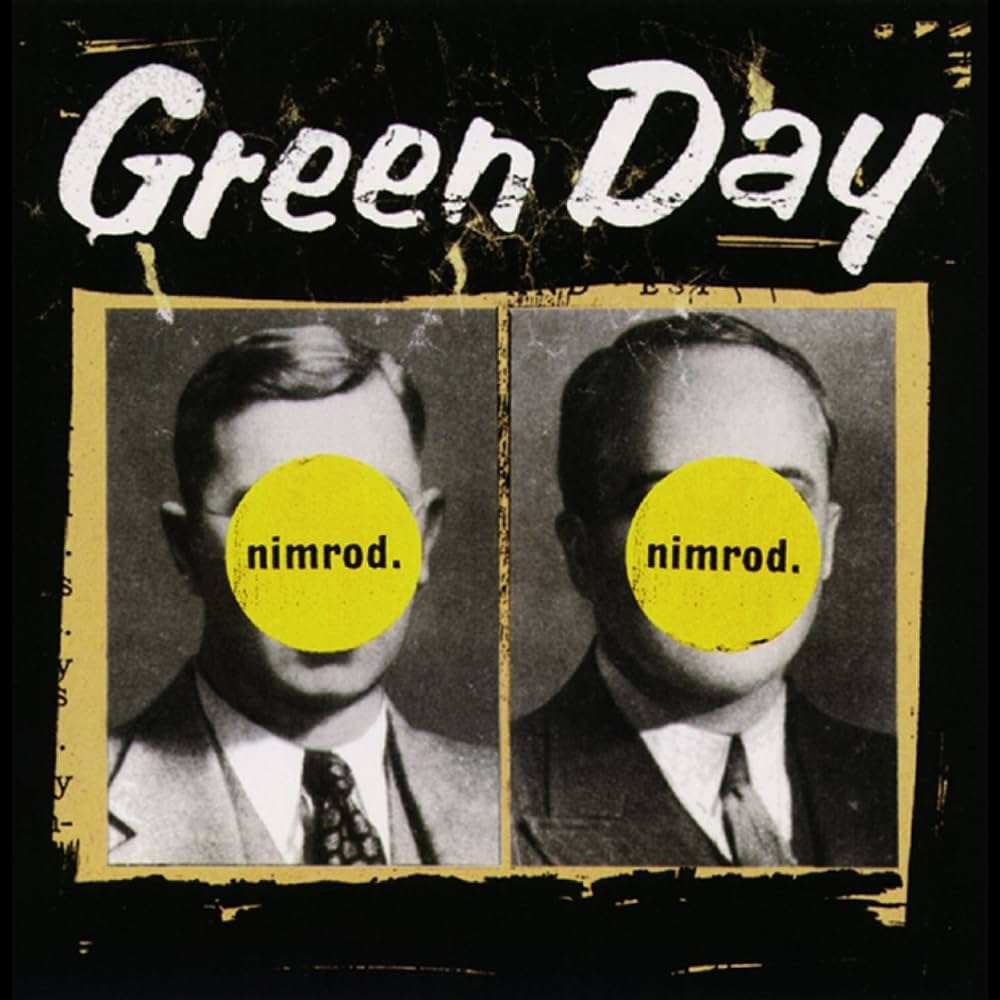
The first four Green Day albums stuck to a fast-and-loud formula heavily indebted to the sound of early Clash. Even when they decided to diversify with a wider range of instruments, textures and tempos on Nimrod, Armstrong’s primary inspiration was, a bit predictably, London Calling. And while Nimrod doesn’t match that high watermark for punk ambition, it’s a revelation in terms of displaying the band’s instrumental chops and omnivorous tastes, and a lot more impressive than the kind of things peers such as the Offspring were doing in the late ‘90s to stay on the charts. “The Bay Area trio barrels through these tunes with its usual youthful spunk and lyrical low self-esteem, but the adolescent vim belies the mature songwriting that really makes this album tick,” Sandy Masuo wrote in the Los Angeles Times review.
1. Dookie (1994)
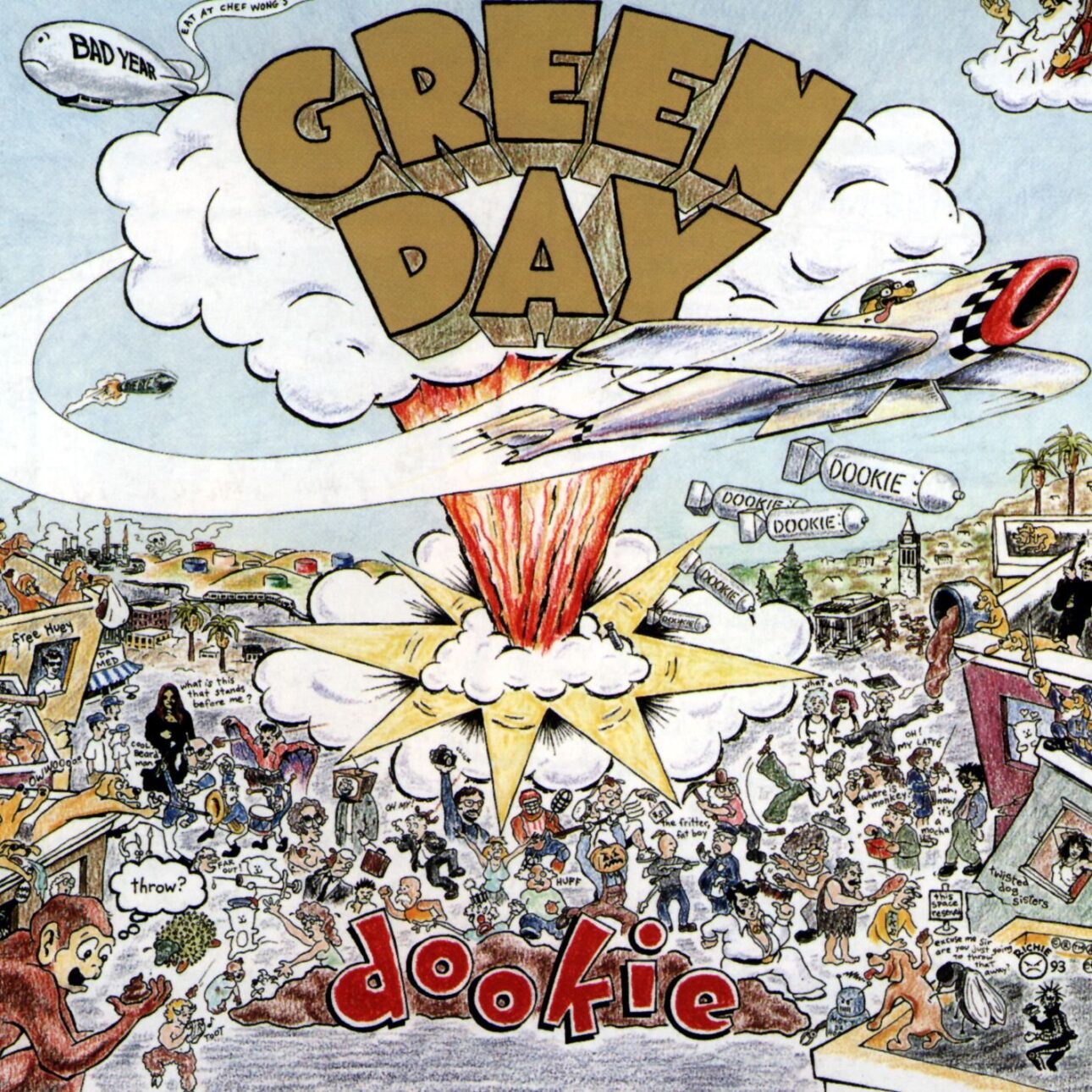
Green Day resisted the overtures of the first few major-label A&R men who came courting after their indie Lookout albums sold tens of thousands copies. Reprise’s Rob Cavallo managed to win their hearts, in part by jamming with them before they signed, and went on to produce their most successful albums. Armstrong’s gallows humor in lyrics about domestic violence on “Pulling Teeth” and a suicide bomber on “Having a Blast” give a dark edge to Green Day’s mainstream breakthrough, but the big surging choruses and rubbery basslines made the band an appealing cartoony presence on MTV at the height of the grunge era. Any album called Dookie could never be accused of taking itself too seriously, but there’s serious songcraft driving the album even when Armstrong is singing about masturbating and smoking weed.
Link to the source article – https://www.spin.com/2024/01/best-green-day-albums/
Recommended for you
-
AODSK Single-X Keyboard Stand Adjustable Width & Height,Piano Stand with Locking Straps & Quick Release Mechanism-Adjust height in one second
$40,99 Buy From Amazon -
Korg Drum Machine, Blue (VOLCADRUM)
$149,99 Buy From Amazon -
18 Pack Self-adhesive Acoustic Panels Soundproof Wall Panels 12″X10″X 0.4″ Sound Absorbing Panel for Decoration Sound Deadening Panels Acoustic Treatment Panel For Home Officeï¼White Hexagonal Designï¼
$26,99 Buy From Amazon -
Donner Banjolele 4 String Banjo Ukulele kit Stringed Musical Instruments for Adult Beginner with Banjo Tuners, Gig Bag, Picks, Skeleton 23 Inch Sapele
$109,99 Buy From Amazon -
Pop Back Vocal – Large unique 24bit WAVE/KONTAKT Multi-Layer Studio Samples Production Library
$14,99 Buy From Amazon -
Fender 2-Button Footswitch: Channel Select/Effects On/Off
$26,99 Buy From Amazon -
PAMPET Professional Plastic Bb Trumpet Standard Trumpet Set for Student Beginner With 7C Mouthpiece and 3C Mouthpiece, Bb Trumpet Instrument, Black,
$69,99 Buy From Amazon -
Fluid Audio F8S: 8-inch Active Studio subwoofer, 200W Class D
$269,00 Buy From Amazon














Responses